Entry Category: Historians and Historic Organizations
Division of Arkansas Heritage
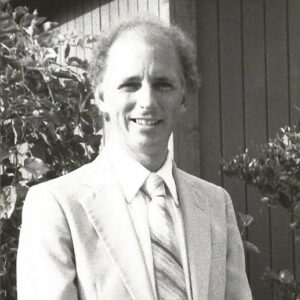 Michael Dougan
Michael Dougan
Drew County Historical Society
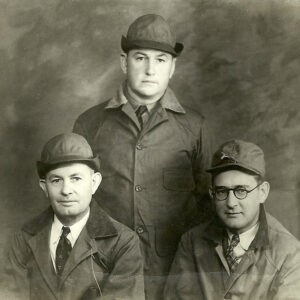 Duck Calling Contest Founders
Duck Calling Contest Founders
Eno, Clara Bertha
Farrar, Clayton Ponder (Clay), Jr.
Faulkner County Historical Society (FCHS)
Ferguson, Jim, Sr.
aka: James Garland Ferguson Sr.
Ferguson, John Lewis
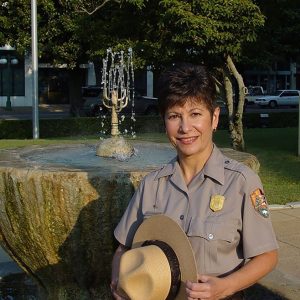 Josie Fernandez
Josie Fernandez
Fernandez, Josie
Fordyce, John Rison
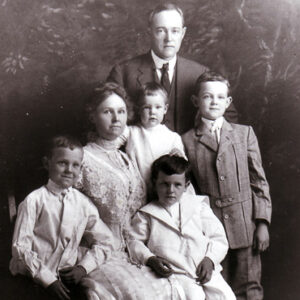 John Fordyce Family
John Fordyce Family
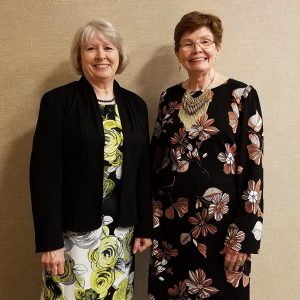 Former Society Presidents
Former Society Presidents
Fort Smith Historical Society
Garland County Historical Society
Gatewood, Willard Badgett, Jr.
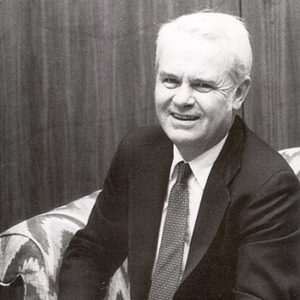 Willard B. Gatewood
Willard B. Gatewood
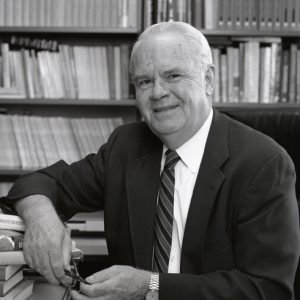 Willard Gatewood
Willard Gatewood
Glade Community Historical Society
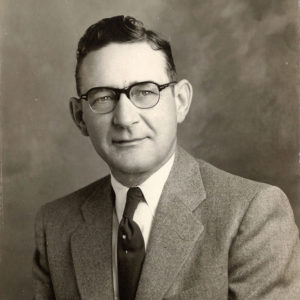 H. V. Glenn
H. V. Glenn
Glenn, Harold Virgil
Grand Prairie Historical Society
Gulley, Louis Corneil
Hallum, John
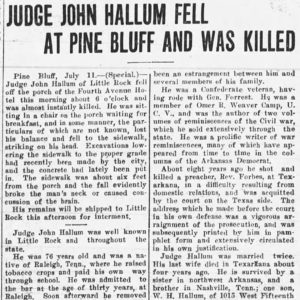 John Hallum Death
John Hallum Death
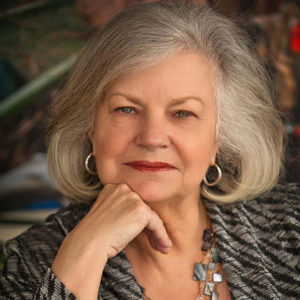 Ruth Hawkins
Ruth Hawkins
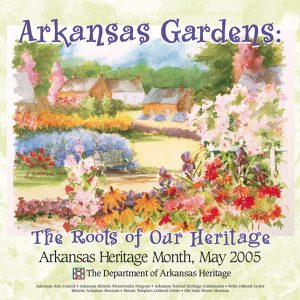 Heritage Poster
Heritage Poster
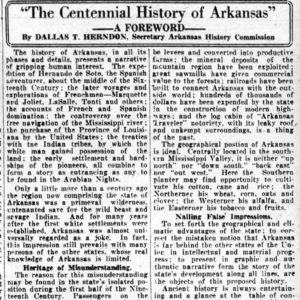 Article by Dallas T. Herndon
Article by Dallas T. Herndon
Herndon, Dallas Tabor
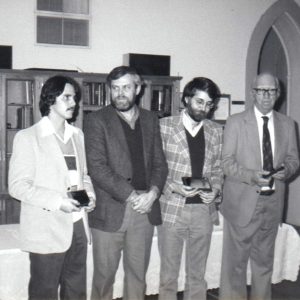 History Awards
History Awards
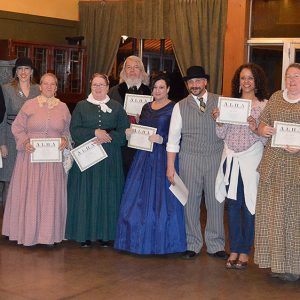 History Certifications
History Certifications
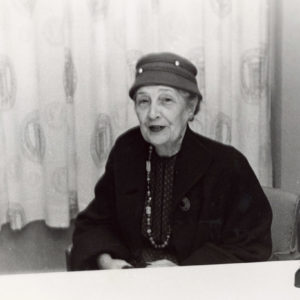 Pauline Hoeltzel
Pauline Hoeltzel
Holley, Donald
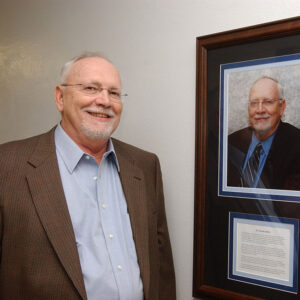 James D. Holley
James D. Holley
Hot Spring County Historical Society
Hudgins, Mary Dengler
Independence County Historical Society
Izard County Historical and Genealogical Society
Jackson County Historical Society
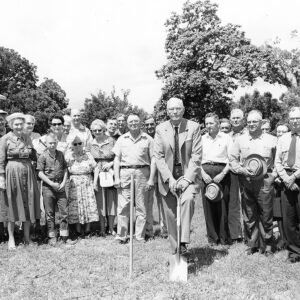 James Black Blacksmith Shop
James Black Blacksmith Shop
Jefferson County Historical Society
Johnson County Historical Society
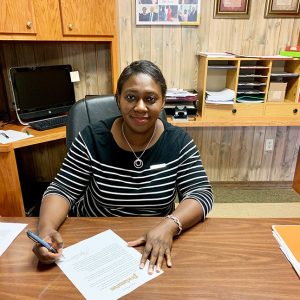 Tonya Kendrix
Tonya Kendrix
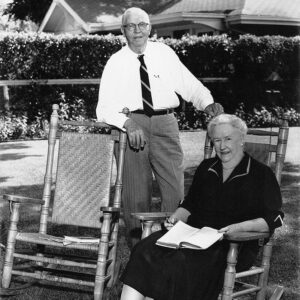 William and Lucille King
William and Lucille King
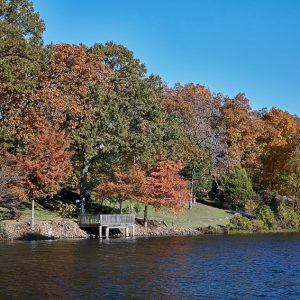 Lakewood
Lakewood




